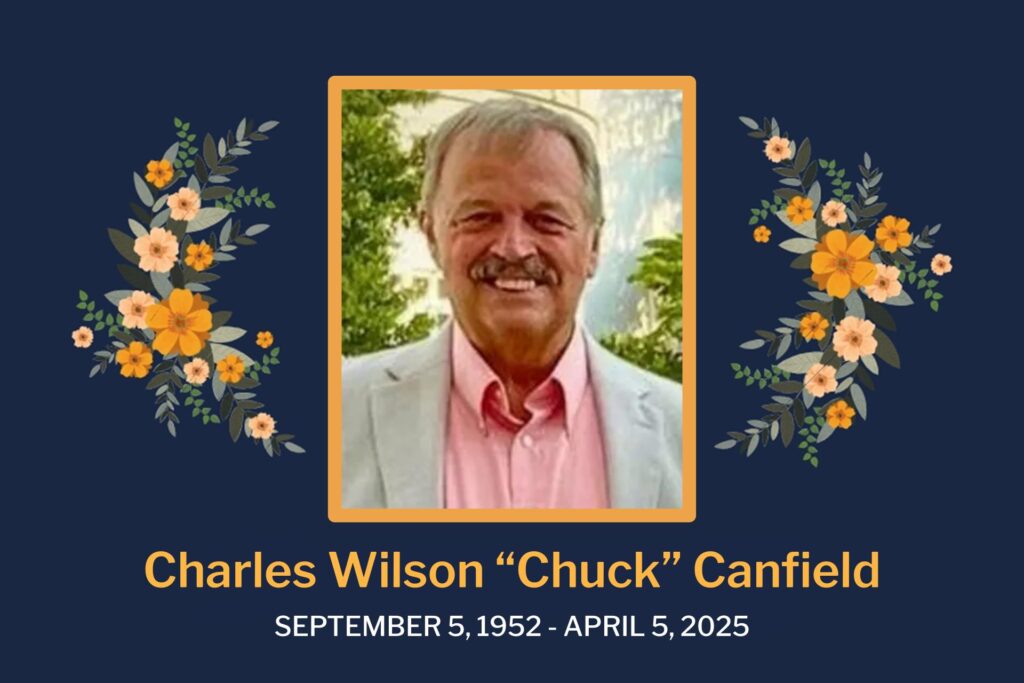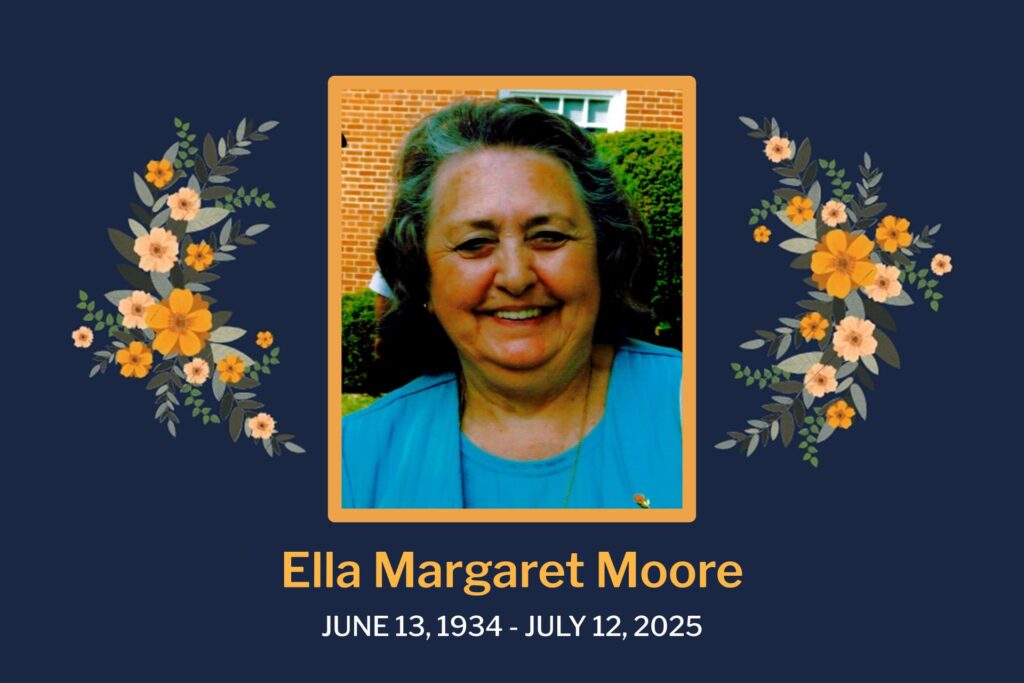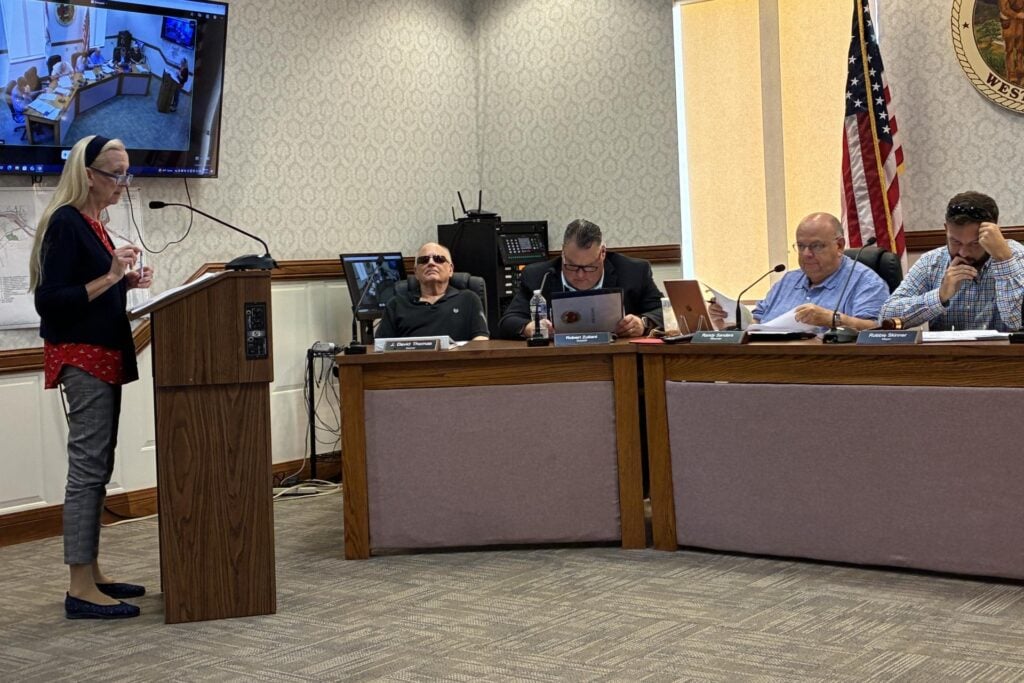West Virginia University continues to rank among the nation’s elite research institutions as reflected in the Carnegie Classification of Institutions of Higher Education.
Carnegie released its every-three-year assessment this week, and WVU continues to be rated as an R1, or very high research activity, institution, the most elite category for research-focused schools, alongside such institutions as Harvard, Yale, Columbia and Johns Hopkins. Only 120 of the nation’s 4,500 colleges and universities attain this ranking.
“As most any coach will tell you, getting to the top is easier than staying there,” President Gordon Gee said. “While it was an achievement to reach the R1 level in 2015, it is even more of an accomplishment to repeat the honor in 2018.”
“We have a stellar team, and this ranking recognizes their continued efforts,” he said.
The classification “reflects our continued commitment to engaging in research at the highest level,” said Fred King, WVU’s vice president for research. “Ultimately this recognition is the outcome of doing the right thing – our goal should be to do great work, and classification as an R1 is an outcome of working toward that goal.”
To achieve R1 status, a university must award doctoral degrees in at least 20 different areas amass at least $43.8 million in total research expenditures, as reported through a National Science Foundation survey.
The difference between being deemed R1 or R2 – the next highest category – can come down to how much a university spends on research, the size of its dedicated research staff or the number of doctoral students it graduates.
“The classification is one that is very much holistic and is not heavily weighted towards one research correlate over another,” explained Chaun Stores, the assistant vice president for decision support and analysis in the WVU Office of the Provost.
“A key difference this cycle compared to the past was the inclusion of professional doctorate degrees in the determination,” King said. “In the past, only research doctorate degrees were used. Certainly, this change helped reflect the more extensive nature of West Virginia University’s research and educational missions.”
King thinks the most talented faculty, postdoctoral fellows and students – both graduate and undergraduate – want to affiliate with R1 universities.
“As an R2, it is more difficult to be taken seriously in the research community,” he said. “I think that those who fund research, particularly private foundations, also see this like the ‘Good Housekeeping’ seal of approval for the ability of an institution to yield the highest return on their research investment.”
Provost Joyce McConnell said the importance of academic research can’t be overstated.
“West Virginians benefit every day from the extraordinary research being done at West Virginia University,” McConnell said. “Our faculty, staff and students are actively engaged in improving treatments and finding a cure for Alzheimer’s, in addressing the nationwide opioid epidemic, in exploring our universe and in situating Appalachian arts and culture in the larger context of our nation’s history. Their work in all fields, from medicine to chemistry and psychology to philosophy, is positively impacting the lives of the people of our community, our state and our world.”














